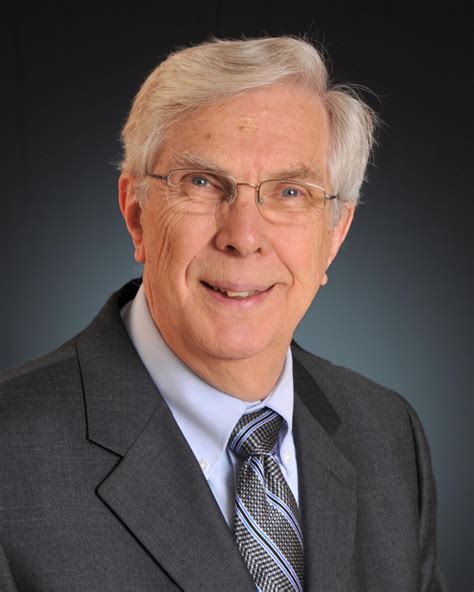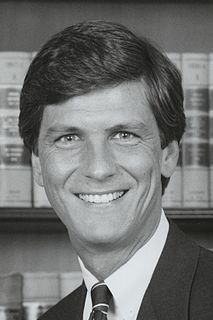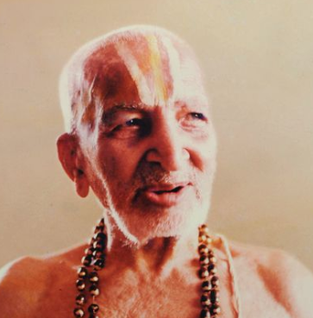A Quote by Daniel Taylor
For the last 250 years or so, secularists have waited patiently for the fulfilment of their prediction that religion would die out in the next generation or two. But religious people have been singularly uncooperative, and new strategies have developed for controlling this blight on human progress. If religion won't "wither away" as philosopher Richard Rorty has wished, then perhaps it can be privatized and thereby removed from influence on public life‚ - sort of like localizing an outbreak of the plague.
Quote Topics
Away
Been
Blight
Controlling
Developed
Die
Fulfilment
Generation
Human
Human Progress
Influence
Last
Life
Like
New
Next
Next Generation
Out
Outbreak
Patiently
People
Perhaps
Philosopher
Plague
Prediction
Progress
Public
Public Life
Religion
Religious
Religious People
Richard
Sort
Strategies
Then
Thereby
Two
Uncooperative
Waited
Wished
Wither
Would
Years
Related Quotes
Today courts wrongly interpret separation of church and state to mean that religion has no place in the public arena, or that morality derived from religion should not be permitted to shape our laws. Somehow freedom for religious expression has become freedom from religious expression. Secularists want to empty the public square of religion and religious-based morality so they can monopolize the shared space of society with their own views. In the process they have made religious believers into second-class citizens.
I illustrate with a quotation from the atheist philosopher Richard Rorty, who died recently and is, I suspect, now having a lengthy conversation with his maker. Rorty argued that secular professors ought “to arrange things so that students who enter as bigoted, homophobic religious fundamentalists will leave college with views more like our own.
The Constitution forbids states from banning all religion from public spaces and from making churches the ghettos of religion where all manifestations of faith are kept separate from public life. Religious people have an equal right to participate in the public square and to have their contributions to Oklahoma history and society recognized.
We [Americans] have secularized the public life of our country in such a way to say something is religious is something negative. Religion has now turned into a way to discredit people. It is futile and dishonest to argue about religion. Religion is a phenomenological umbrella; there are all kinds of religions. It makes a difference when your religion is telling you something true or something false.
Are people crazy? People waited all their lives. They waited to live, they waited to die. They waited in line to buy toilet paper. They waited in line for money. And if they didn't have any money they waited in longer lines. You waited to go to sleep and then you waited to awaken. You waited to get married and you waited to get divorced. You waited for it to rain, you waited for it to stop. You waited to eat and then you waited to eat again. You waited in a shrink's office with a bunch of psychos and you wondered if you were one.
I love religion. I could make up religions all day. I sort of think that in an ideal world I'd like to be a religion designer. I'd like people come up to me and say, I need a religion. I'd go talk to them for a while, and I'd design a religion for them. That would be a great job. There's a need for people like that. Fortunately, seeing that one can't actually do it, I get paid for sort of making them up anyway.
At what point, 2,000 years on from the life of Jesus, do we need a refresher course? Another 2,000 years? Imagine 100,000 years’ time – would the story of Moses’ burning bush amaze a generation laden with unimaginable scientific and technological wonders? Here lies religion’s biggest quandary. While science is squeezing the life out of God, how is religion going to muster a counterattack from here?
I'm interested in the origins of the religious experience, how the history of religion has evolved over the last umpteen thousand years, and where religiosity is going in the future. I think that's a topic I've been chewing on for a few years; I would love to eventually work on and produce a book out of it.
There has been a religious revival because - let me put it like this, the people that weren't traditionally religious, conventionally religious, had a religion of their own in my youth. These were liberals who believed in the idea of progress or they were Marxists. Both of these secular religions have broken down.
Christianity is not a religion. Christianity is the proclamation of the end of religion, not of a new religion, or even of the best of all religions. If the cross is the sign of anything, it's the sign that God has gone out of the religion business and solved all of the world's problems without requiring a single human being to do a single religious thing. What the cross is actually a sign of is the fact that religion can't do a thing about the world's problems - that it never did work and it never will
A religion made up solely of heightened religious experiences would not be a religion at all. ...The major religious traditions address the mysteries (with or without entheogens), but they have other business to do: widen understanding, give meaning, provide solace, promote loving-kindness, and connect human being to human being.
The religious conflicts of the Reformation era were never simply and only about religion, because religion during this era as in the Middle Ages that preceded it, informed and was meant to inform every domain of life. Violence involving religion and touching other areas of life took many forms: from the Protestant destruction of Catholic religious art and objects in iconoclasm, to Catholic executions of Protestants who refused to renounce their views, to major destructive conflicts such as the French Wars of Religion and the Thirty Years' War.






































